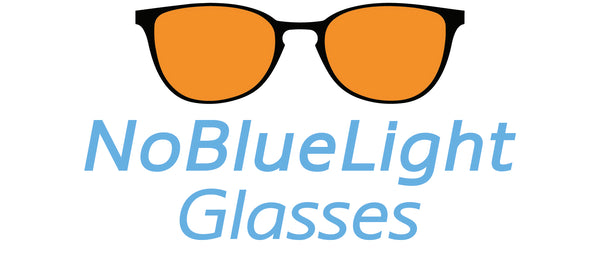Dr. Charles Czeisler, one of the world’s leading sleep experts, discovered something interesting: we don’t necessarily have to eliminate technology from our lives.
We just need to block the blue light from reaching our eyes.
When we block blue light, our bodies return to functioning as they did in nature.
The brain produces melatonin naturally, cortisol decreases, and our body begins to prepare for a deep, restful sleep.
Maybe you’re thinking that your phone has a night mode and that’s the solution…
But unfortunately not.
Our smartphone's night mode blocks only a small portion of blue light.
In a Light Research Center study on the effectiveness of Apple’s Night Shift, researchers exposed multiple people to screens with Apple’s Night Shift enabled.
The result was that with Night Shift mode active, the devices still significantly blocked natural melatonin production, only slightly less than the screen without this mode.
This is why people do not notice any improvements in their sleep even when they enable night mode on their devices.
As this study proves, the blue light that passes through the screen in night mode is enough to trick our brain into stopping the production of melatonin, ruining our sleep and our life.
What also happens with the lights at home?















